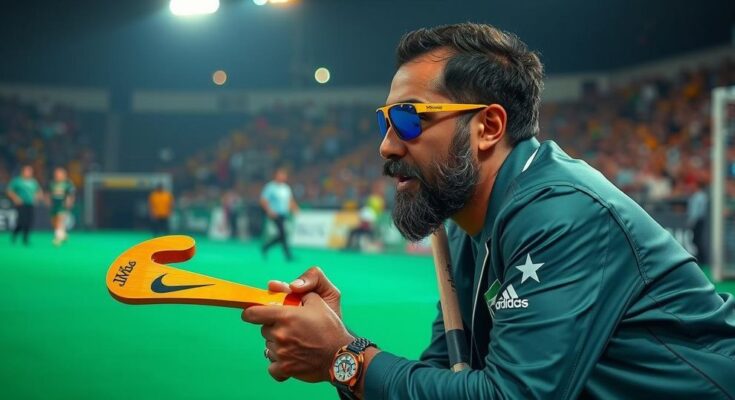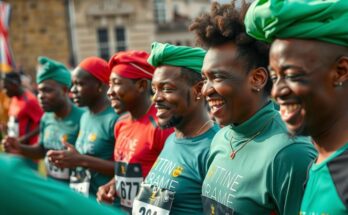The historical partnership between Pakistan and Kenya during the 1960s-70s significantly impacted the development of hockey in both nations. Key figures, such as Avtar Singh Sohal, reflect on the close matches and cultural connections forged between the countries. This bond supported Pakistan’s Olympic and World Cup successes, while also nurturing Kenya’s emerging hockey talent, leaving a lasting legacy despite the sport’s decline in Kenya post independence.
The history of hockey in Pakistan highlights a significant partnership with Kenya, particularly during the 1960s and 70s, a period marked by remarkable achievements in international tournaments. Pakistan’s Olympic gold medal victories in 1960 and 1968, alongside its first World Cup gold in 1971, were pivotal moments for the national sport. Crucially, Kenya served as an essential training ground for Pakistan, facilitating closely contested series that ultimately benefited both nations.
Kenya’s participation in international hockey was largely driven by its Indian-origin communities, especially Sikhs, Goan Christians, and Muslims. Avtar Singh Sohal, a prominent Kenyan player, recalls the robust hockey culture in Kenya during that time. He reminisces about the international matches, saying, “Hockey was the most popular sport among the people of Indian origin.”
The competitive atmosphere during matches was charged with community spirit, as supporters from different backgrounds rallied for their teams. Matches between Pakistan and Kenya served not only as a means of preparation for Pakistan but also as an opportunity for Kenya to gauge their progress on the world stage.
The interactions between the two nations bore fruit across multiple tournaments, with tours enriching their performance. Avtar notes the effect these series had on Kenyan hockey’s development, emphasizing that they were crucial for success in competitions like the World Cup. Despite Kenya’s decline in hockey following independence in 1963, the bond with Pakistan has left a lasting legacy.
Avtar Singh Sohal, now 85, remains an active figure in hockey and visited Pakistan to reminisce about the past. He reflects on his time and the bond formed during these international matches, including a mutual respect that flourished from their shared history. His emphasis on hockey’s organizational strength in Kenya underscores its once-prominent role in the sport.
The historical narrative of hockey rivalry between Pakistan and Kenya showcases a compelling saga of mutual development in international ice hockey and profound cultural ties between the two countries.
Hockey has long been regarded as a cornerstone of Pakistan’s sporting identity, particularly highlighted by its Olympic successes in the 20th century. The strategic partnerships formed with nations such as Kenya were instrumental for Pakistan as it prepared for international competitions. Kenya’s unique demographics, with a significant population of individuals of Indian descent, fostered a competitive spirit in hockey that was beneficial for both teams. Furthermore, the socio-political changes in Kenya post-independence contributed to a gradual decline of hockey in the region, yet its historical ties with Pakistan remain significant. The 1960s to 1980s represents a crucial period in the narrative of hockey between these two nations, encapsulating a blend of challenging matches and cultural camaraderie that shaped the destiny of hockey in both countries.
The enduring legacy of Pakistan’s hockey successes is intertwined with its historical relations with Kenya, which provided essential competitive exposure for the team. The stories of Avtar Singh Sohal and his reflections on that golden era highlight how deeply sports can weave cultural connections. Despite the decline of Kenyan hockey, the bonds formed during their competitive encounters signify a vibrant history that transcends mere sporting events, illustrating the unity and collaborative spirit of the hockey communities in both nations.
Original Source: www.dawn.com




